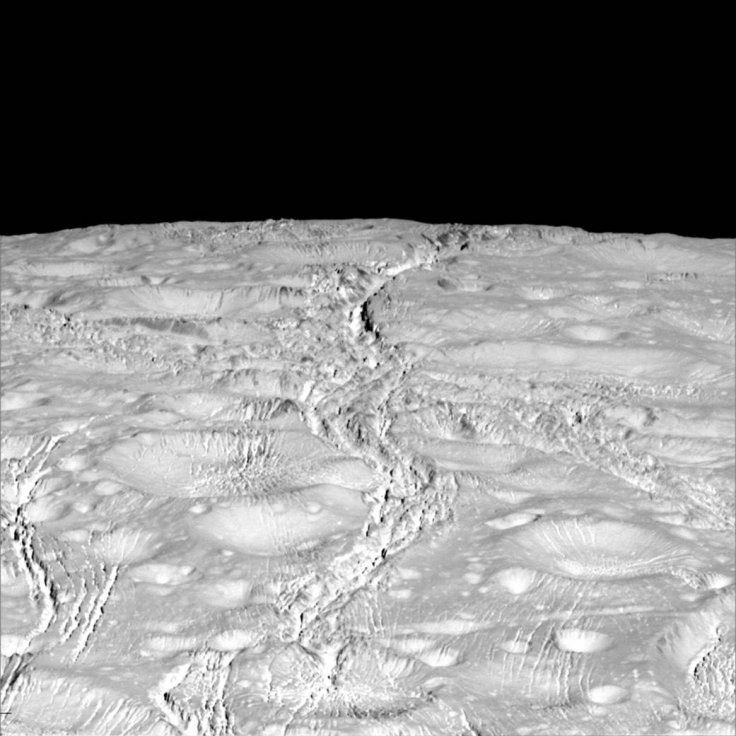
Several space experts have long been suspecting that the underground ocean on Saturn's moon Enceladus is a perfect place that could harbor life. Adding up the heat to this theory, NASA has now discovered the basic ingredients of life bursting out from an ocean on Enceladus.
The findings published in the journal Monthly Notices of the Royal Astronomical Society suggested that organic compounds are present in the plumes of water that shoots into space from the ocean below the crust of Enceladus. It should be noted that this is for the first time scientists are detecting organic compounds dissolved in the water from Enceladus' ocean.
The newly discovered organic compounds from Enceladus carried oxygen and nitrogen, which play a crucial role in building amino acids. When it comes to life on earth, amino acids are widely considered the building blocks of proteins, and without proteins, no life exists on earth.
"This work shows that Enceladus' ocean has reactive building blocks in abundance, and it's another green light in the investigation of the habitability of Enceladus," said Frank Postberg, co-author of the study.
Nozair Khawaja, who led the research team revealed that this new discovery could help scientists to know more about the existence of life beyond earth.
"We don't yet know if amino acids are needed for life beyond Earth, but finding the molecules that form amino acids is an important piece of the puzzle," said Khawaja in a recent statement.
A few months back, another study conducted by researchers at the Universität Wien in Vienna, Austria had hinted that alien life, mostly in microbial form could be hiding in the underground ocean of Enceladus. Researchers also added that the underground ocean in Enceladus is very warm, and thus it offers a rich habitat for extraterrestrial microbial organisms.









